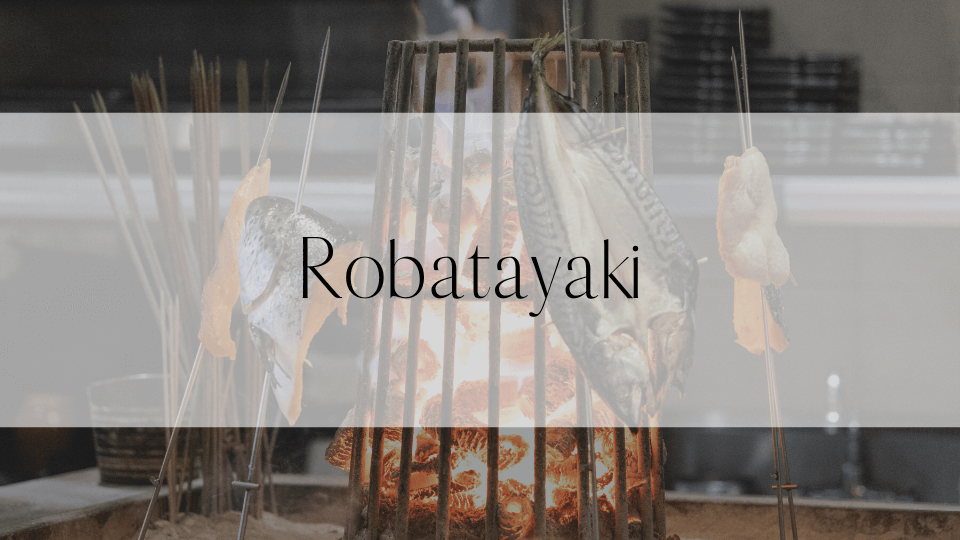「have a spring in your step」という表現は、元気な足取りで (元気いっぱいで幸せな気持ちで) 歩く・動くという意味のイディオムです。
誰かが「have a spring in your step」ということは、その人が気分が良く、元気に満ち溢れていて、新しい一日を迎える準備ができていることを意味します。
このフレーズは、文字通り「spring (ばね)」が、軽快で跳ねるような動きを作り出すという考え方から来ています。
それは、あなたが素晴らしい気分に浸っていて、それがあなたの歩き方や動き方に表れる時に似ています。
「have a spring in your step」とは、ただ歩くことだけではなく、ポジティブで幸せを感じていることも意味しています。
それはあなたがたくさんのエネルギーと前向きな姿勢を持っていることを示しています。
何かを達成したり、良いニュースを聞いたり、または単に満足感と喜びを感じてると「have a spring in your step」という状態になることがあります。
[例文]
I really admire Lisa, she always has a spring in her step, no matter what challenges she faces.
(私は本当にリサを尊敬します。彼女はどんな困難に直面してもいつも元気な足取りです。)
He received a great score in Eiken, and you could see he had a spring in his step all week.
(彼は英検で素晴らしいスコアを取り、一週間、足取りが軽かったのが見て取れました。)
Have you seen Jaimie today? He’s got a real spring in his step, I wonder what’s got him so excited!
(今日、ジェイミーを見ましたか?彼は本当に元気いっぱいで、何が彼をそんなに興奮させているのか気になります!)
Ever since Tomoko started learning English in Kensington she has had a spring in her step. It must be an amazing English school!
(トモコがケンジントンで英語を学び始めて以来ずっと彼女は元気で前向きです。素晴らしい英語学校なのでしょう!)
「have a spring in your step」とは、ただ歩くことだけではなく、人生への前向きな態度を表すものです。
それは物理的な「spring (ばね)」の考えから始まり、今では一般的に誰かのエネルギッシュで熱心な動きを表すために使われています。
次にあなたが元気いっぱいでエネルギーに満ち溢れていると感じたときは、その内面の喜びを自分の振る舞いに表し、周りの人々にもポジティブなエネルギーを広めていきましょう!
実践的な英語ならケンジントン英会話
ケンジントン英会話では、教科書には載っていない、生きた表現を身に付けられます。
福岡市内の教室やオンラインで、経験豊富でフレンドリーな講師と一緒に英語を学びませんか?
実践的な英語を学びたい方はケンジントン英会話の公式サイトをチェック!
[英語原文]
The phrase “have a spring in your step” is an idiom that means walking or moving with energy and happiness. When someone has a spring in their step, it means they are feeling good and full of energy, ready to take on the day.
The phrase comes from the idea that a literal spring can make movements bouncy and light. It’s like when you’re in a great mood, and it shows in the way you walk and move around.
Having a spring in your step is not just about walking—it’s also about feeling positive and happy inside. It shows that you have a lot of energy and a positive attitude. It can come from accomplishing something, hearing good news, or simply feeling content and joyful.
Examples
⚫︎ I really admire Lisa, she always has a spring in her step, no matter what challenges she faces.
⚫︎ He received a great score in Eiken, and you could see he had a spring in his step all week.
⚫︎ Have you seen Jaimie today? He’s got a real spring in his step, I wonder what’s got him so excited!
⚫︎ Ever since Tomoko started learning English in Kensington she has had a spring in her step. It must be an amazing English school!
Having a spring in your step is not just about walking—it represents a positive attitude towards life. It originated from the idea of physical springs, and now it is commonly used to describe someone’s energetic and enthusiastic way of moving. So, next time you feel upbeat and full of energy, let your steps reflect your inner joy and spread positivity to those around you!
~*~*~*~ \ Follow me / ~*~*~*~
Instagram : @kensington_eikaiwa
Twitter : @Kensington_Eng
Facebook : @kensingtoneikaiwa
YouTube : KENSINGTON英会話
~*~*~*~*~*~*~*~*~*~*~*~*~*
◆お問い合わせはこちら
ケンジントン英会話:お問い合わせフォーム







































